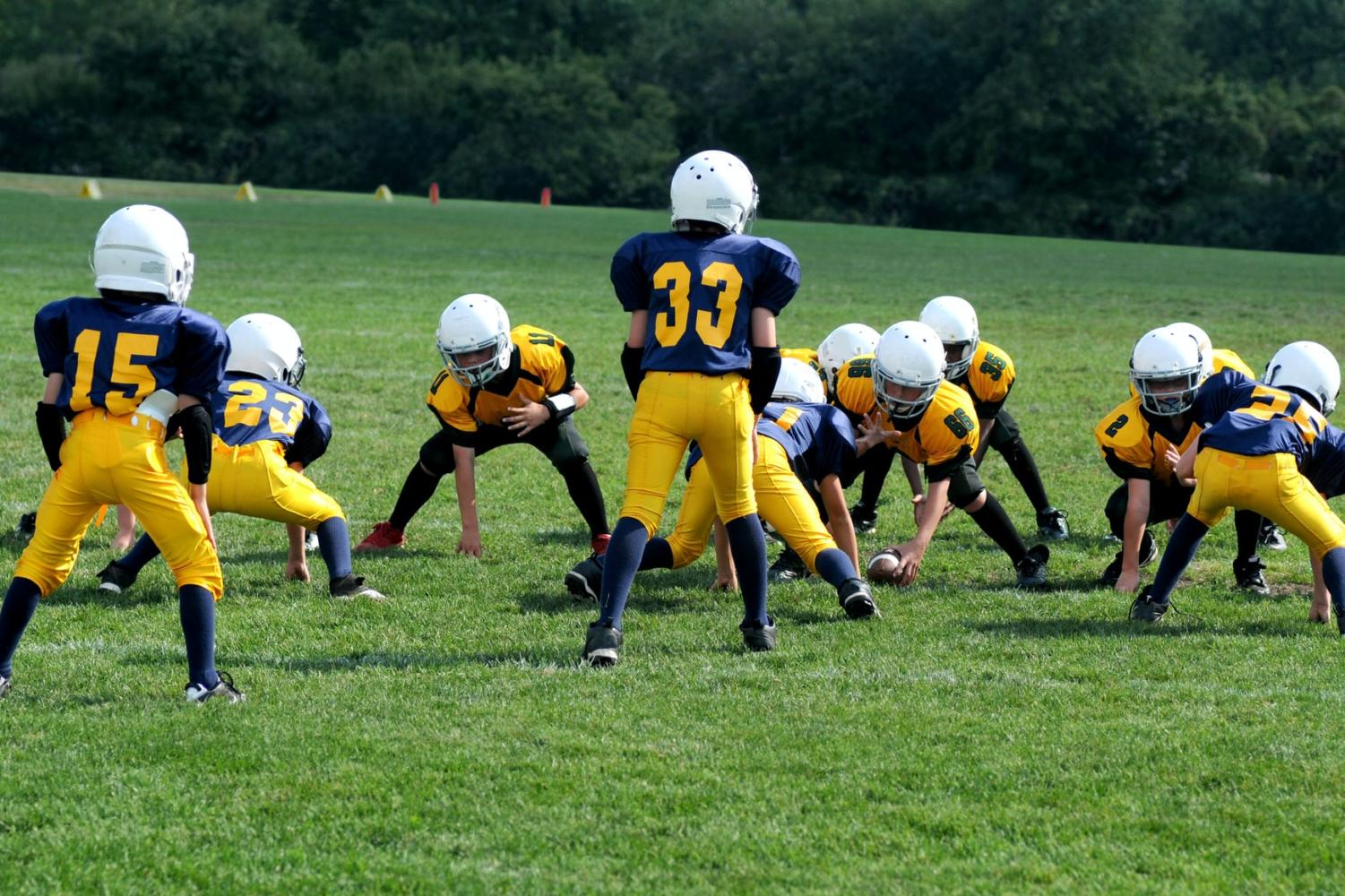Opinion: The Hidden Costs of Youth Sports
December 2, 2021
The fall of 2011 was the first time that I started to play soccer. I had just moved to Lexington, South Carolina, where I would live out all of my elementary school days. These are formative years for a kid; they try new things, make new friends, and spend each and every day enjoying the leisure of childhood. New to the area, I had no opportunity to meet other kids beyond the schoolyard, so my parents signed me up for the local recreational soccer program. My earliest memories on the team involved learning the basics of the game: passing, shooting, and dribbling. Of course, the real purpose of the afternoon practices was not to hone my soccer skills, but to have fun with my friends, get some healthy exercise, and learn to cooperate as a team. At least, this was the case until I turned eight years old. My first introduction to soccer led me to love the game and my new teammates, so I was excited and eager to continue playing on a travel team for the first time. This was also the first time that the program hosted tryouts for teams based on their skill level. At eight years old I was competing for a top spot in a competitive soccer program, was this pressure to perform right for me?
I was fortunate enough to have been able to use my talents and skill to always have played on the “A” team since I was little. I have been all over the southeastern United States, and even ventured across the Atlantic to play youth clubs in England and Ireland before I had turned 13. In hindsight, the irony in calling a child’s extracurricular activity a career is almost comical. At this age, youth sports should be a little more than a hobby, right?
Brian Gearity is a former college football player and parent to an 11-year-old gymnast. He was featured in an interview with the Denver Channel 7 News, in which he expresses his concern for the emotional and physical toll that competitive gymnastics has taken on his son. He understands the risks that come with youth sports, but he also advocates for its benefits. Sports can teach kids how to win and lose in a fashion that reflects good character and resilience. Brian’s son was a state champion in his sport before he decided to quit. His son was feeling discouraged by the stress and level of performance that he had to meet each day. He also felt like he was missing out on his childhood, and he just wanted to be able to spend more time with his friends.
This is the reality that many children across the country experience in the sport they play. Whether it be soccer, basketball, baseball, or more, what starts off as a fun way to socialize and exercise can quickly consume the majority of their childhood. With three to five practices a week and upwards of four games on the weekends, young players have little to no time to branch out and enjoy other activities. Family time over the weekends is usually overshadowed by constantly being on the road to drive to a tournament, which oftentimes can be held hours away in another state. Many players buy into this lifestyle at a young age simply because they love the game and they want to play as often as they can. However, this eagerness to play often can be a double edged sword. For those that once loved the sport they play, they might ultimately leave it feeling burned out from the intensity and demand of the travel team lifestyle. It was for this reason that I quit playing soccer in seventh grade. I had just transferred to a new school, and almost none of my new friends were sucked into the same strenuous cycle of school and soccer that I had been for years. While they were getting together on the weekends to hang out, go fishing at the lake, watch a movie, or enjoy the abundance of other fun things to do together, I was on the road yet again to play another couple of games hours away from the rest of my life, each less exciting than the last. It was ultimately my fear of missing out on other aspects of my childhood that drove me away from my commitment to a sport that I had loved for so long. Soccer felt like a job, and I knew it was time for a change.
It has been five years since my last soccer game, and I have not looked back. I have since played high school football and found a new love for lacrosse. High school sports provided everything I was looking for: great teammates and exercise in a fun, competitive setting without the draining time commitment. While I feel that many youth athletes can relate to my story, I also understand that others thrive in the non-scholastic sports world. I still have good friends from my soccer team that are going on to do great things. The choice to play competitive youth sports is personal for each and every kid, but it is important for them to be exposed to a variety of activities before deciding to pursue just one.
